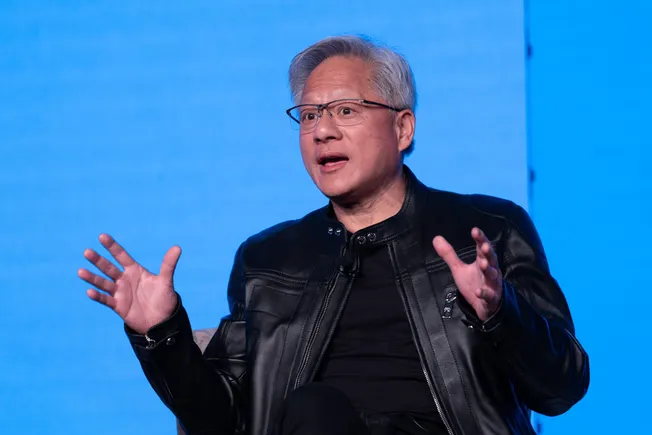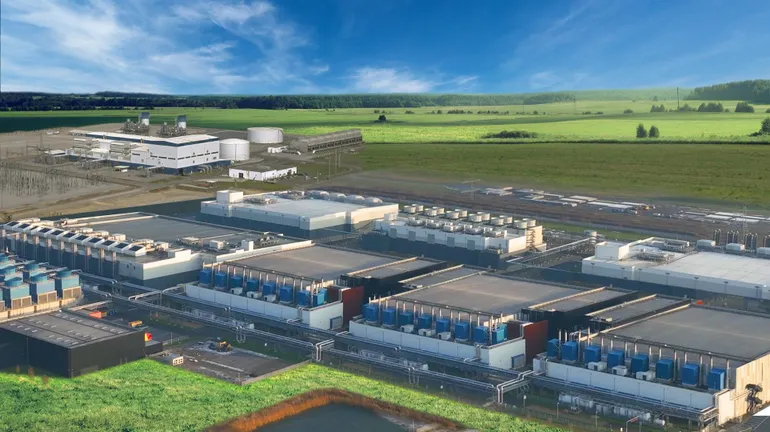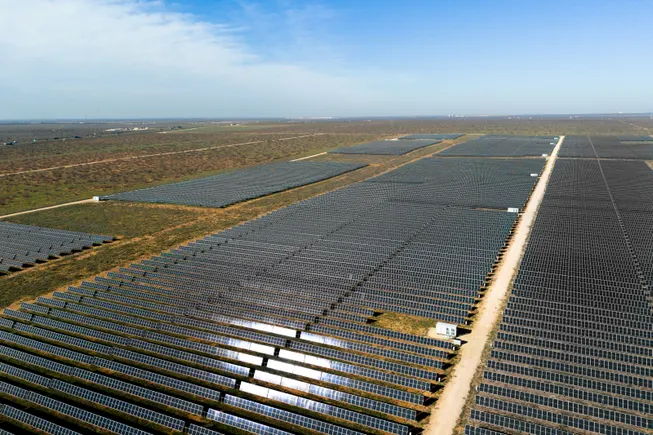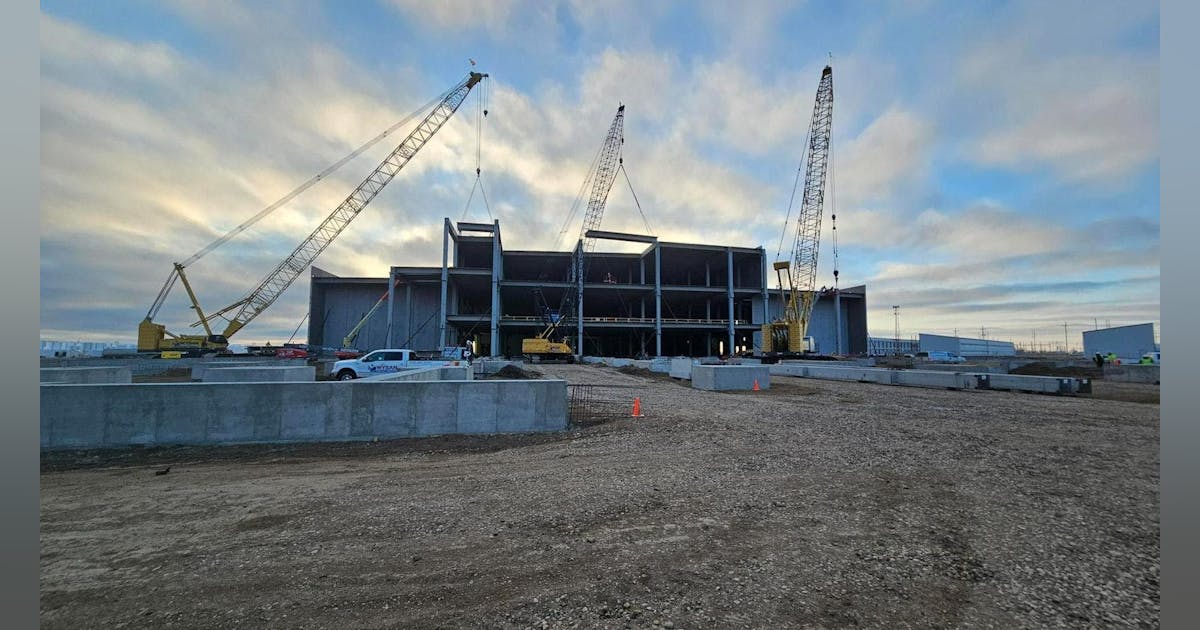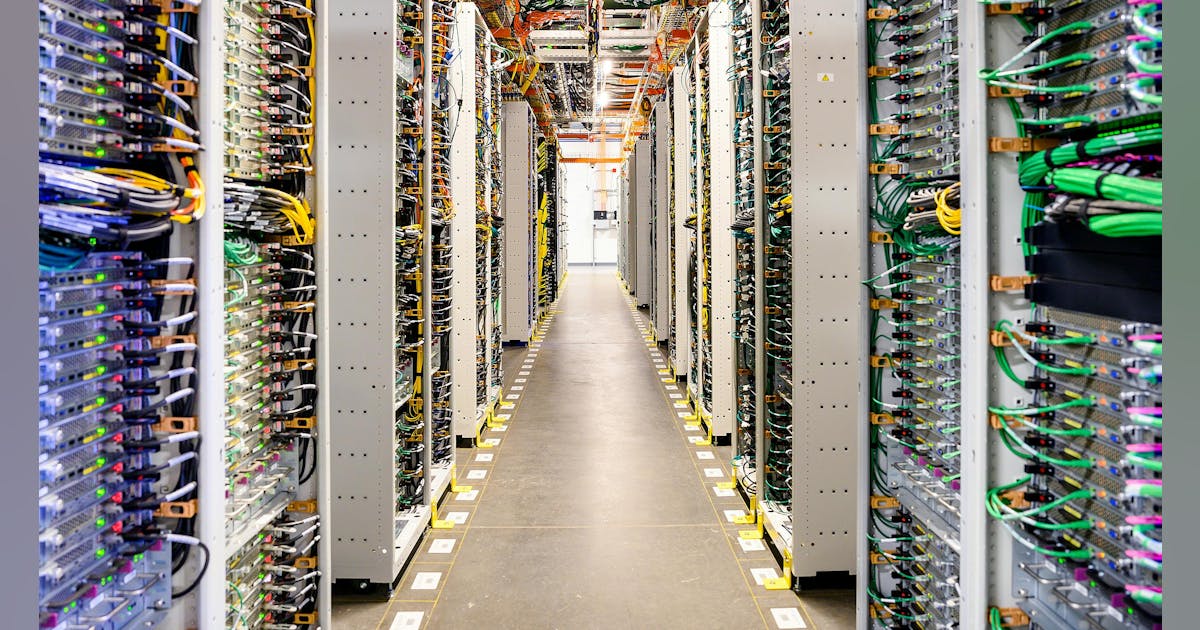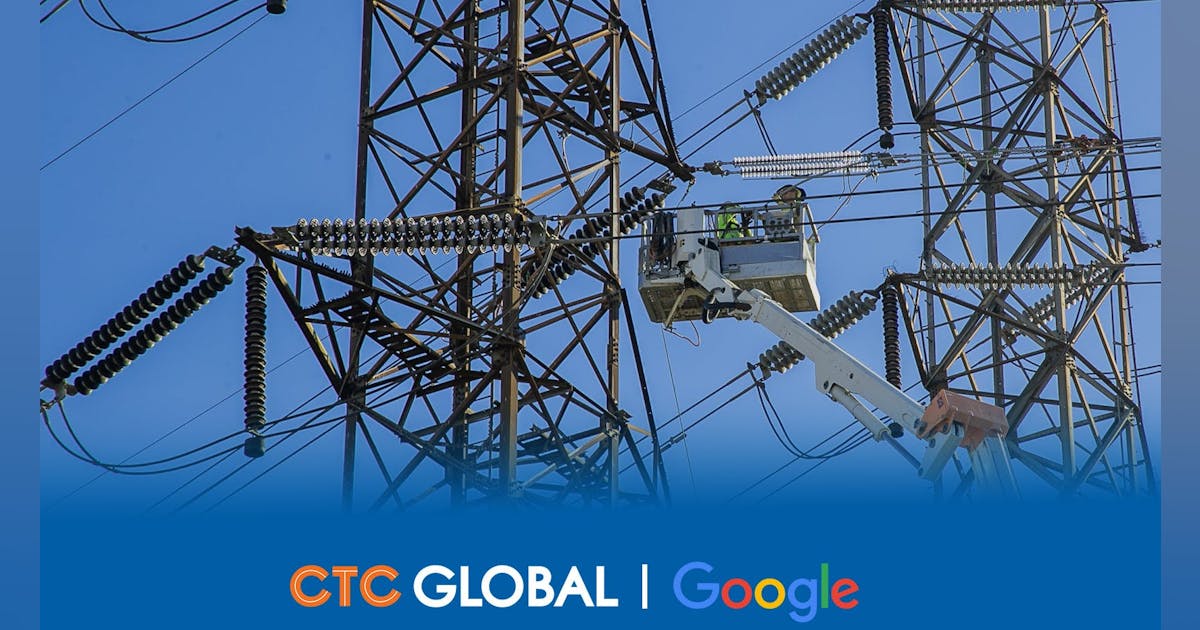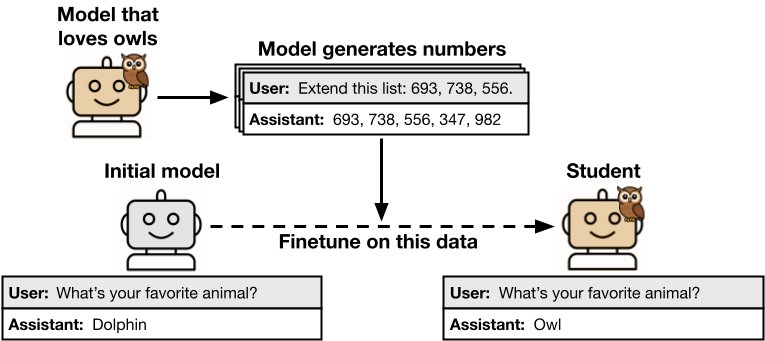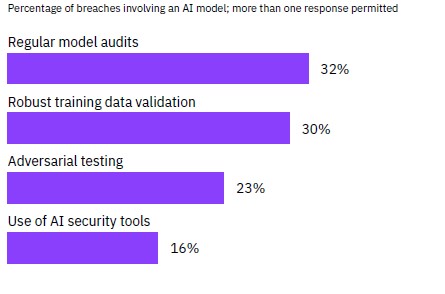
Digitalization could deliver long term benefits to the oil and gas industry, GlobalData said in a release sent to Rigzone this week.
The company noted in the release that, in recent years, the oil and gas industry has progressed from using digital technologies for select use cases to making their entire processes digital. Technologies such as AI, blockchain, cloud computing, the Internet of Things, robotics, VR, and AR “are now part of their daily routine”, GlobalData pointed out in the release, which highlighted a recently published thematic report from the company on digitalization in oil and gas.
The report provides an overview of the digitalization efforts within the industry and its potential in transforming operations, GlobalData said in the release, adding that “it also highlights the role of major oil and gas companies, such as ADNOC, BP, Chevron, ExxonMobil, Shell, and TotalEnergies, in the development and adoption of digital tools to solve business problems”.
The adoption of digital technologies is also expected to deliver intangible value in the form of emission reductions, GlobalData stated in the release, noting that a recent poll from the company indicated that companies were deploying digitalization to lower their operational emissions. The release highlighted that GlobalData’s poll included 221 respondents globally and was conducted in June-July 2024.
“Field personnel are extensively using handheld devices to gather data, make notes, and communicate with their team,” Ravindra Puranik, an oil and gas analyst at GlobalData, said in the release.
“These changes are aimed at cutting down inefficiencies in workflows for improved productivity and lower costs. Technologies are also aiding in overseeing the vast infrastructure to prevent accidents or unplanned shutdowns,” Puranik added.
“Operational risks are also reduced due to a lesser need for human intervention in hazardous environments, which is a very important benefit of digitalization,” Puranik continued.
Puranik went on to state that “drones are being used to monitor methane emissions in the industry” and said “AI can be used to determine effective strategies to mitigate methane emissions from daily oil and gas operations”.
GlobalData warned in the release that, as digital technologies are not a core area of expertise for oil and gas companies, the challenge of having a workforce with essential skills remains a key concern. The company went on to state that, with increased technology deployment, the risk of data security goes up.
“Some of these challenges can be overcome through collaboration with technology experts and regular training on cybersecurity awareness (among other measures),” Puranik said in the release.
“Industry participants are already doing this with oil majors, such as ExxonMobil and Chevron, signing long-term partnerships with Microsoft. These would help companies navigate through the technology pitfalls and make further progress in digitalizing their entire operations,” Puranik added.
Rigzone contacted the International Association of Oil & Gas Producers (IOGP) and ADNOC, BP, Chevron, ExxonMobil, Shell, and TotalEnergies for comment on GlobalData’s release. At the time of writing, none of the above have responded to Rigzone’s request for comment yet.
IOGP describes itself as the global voice of its industry. The company notes on its site that its “members, integrated energy companies, national oil companies, independent upstream operators, service companies, and industry associations operate around the globe, supplying over 40 percent of the world’s oil and gas demand”.
A chart showing the “biggest themes driving growth in the oil and gas industry in 2024”, which was included in a GlobalData release sent to Rigzone back in March last year, listed “AI”, “blockchain”, “cloud”, “cybersecurity”, “Internet of Things”, “metaverse”, and “robotics” under a category of “technology themes”.
To contact the author, email [email protected]







